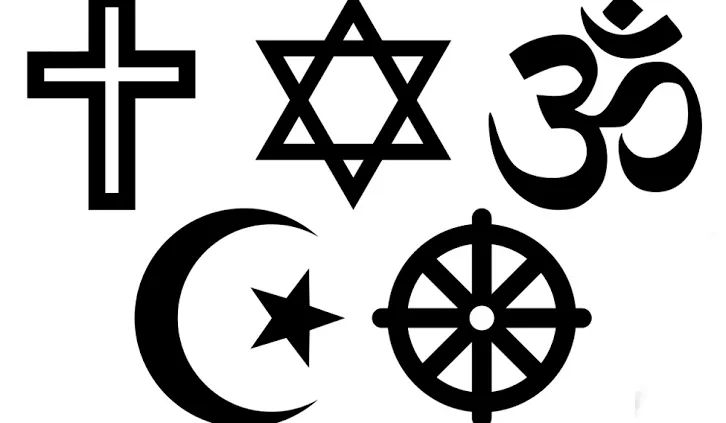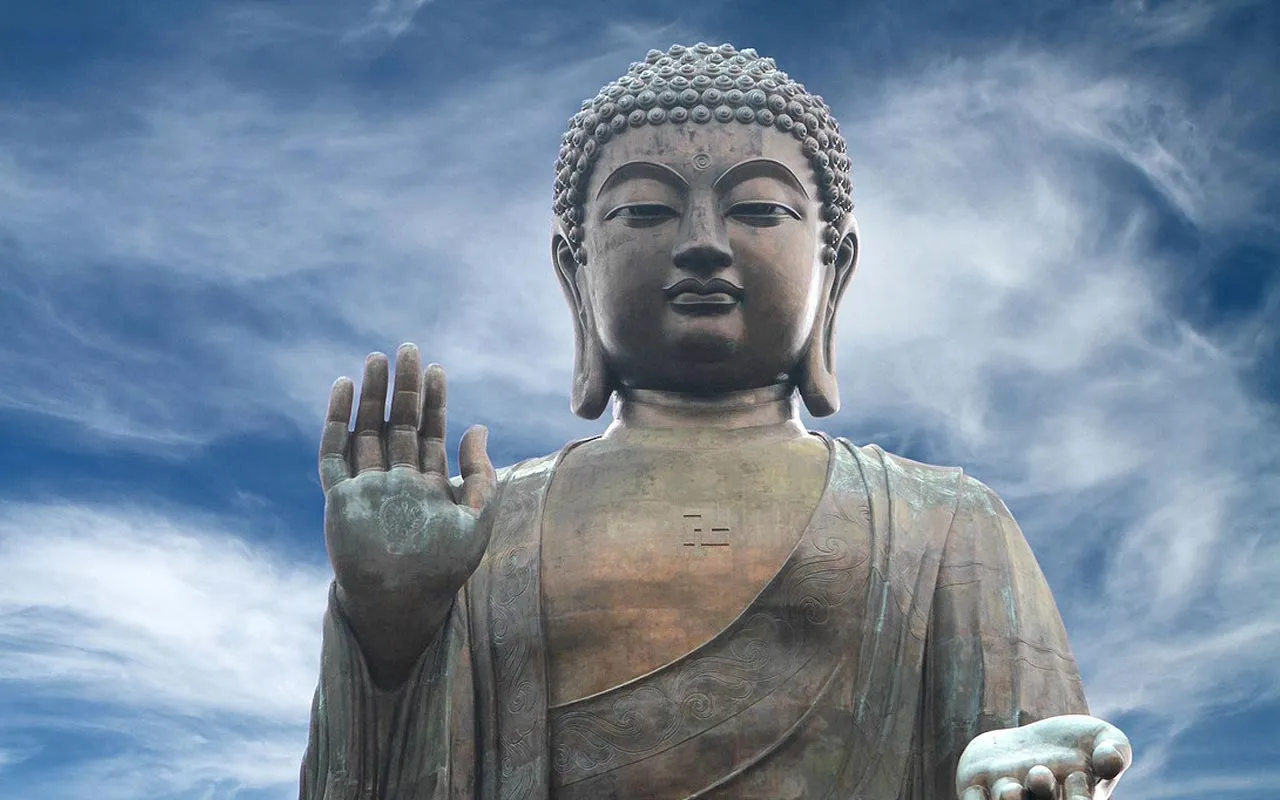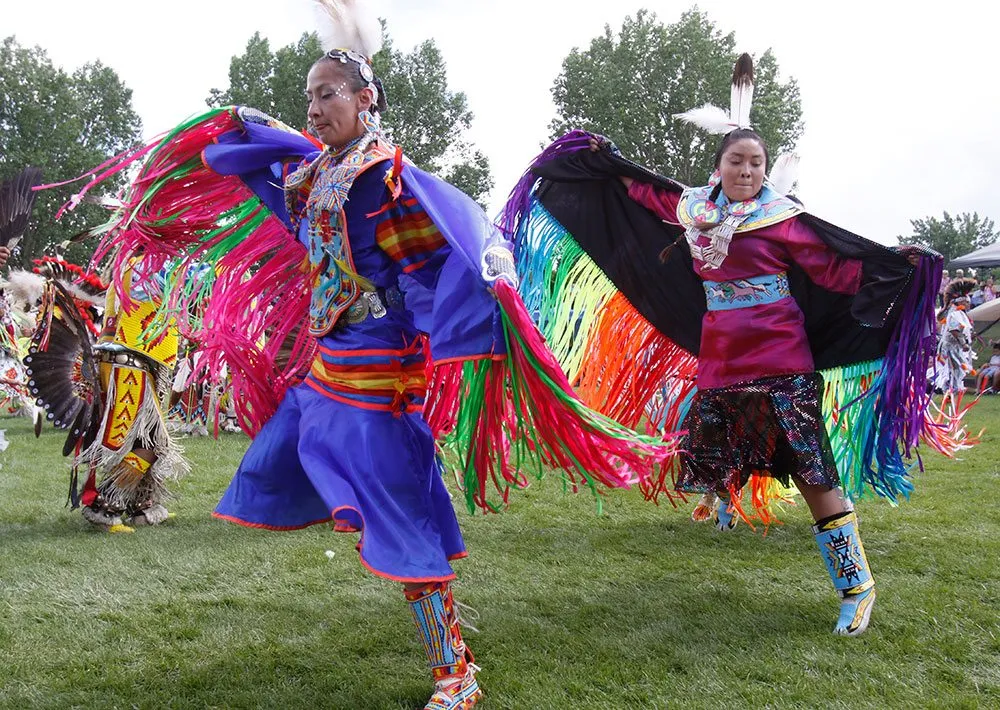
Fasting is a practice deeply embedded in various cultures and religions worldwide, serving as a means of spiritual reflection, self-discipline, and communal identity. Here's an overview of fasting traditions across different cultures:
Christianity: Lent
Lent is a significant period in the Christian liturgical calendar, observed by denominations such as Roman Catholicism, Anglicanism, and Eastern Orthodoxy. It commemorates the 40 days Jesus spent fasting in the desert. During Lent, which begins on Ash Wednesday and culminates on Easter Sunday, adherents engage in fasting, prayer, and penance. Many abstain from meat and other indulgences as a form of spiritual discipline. In 2025, Lent begins on March 5 (Ash Wednesday) and concludes on April 20 (Easter Sunday).

Islam: Ramadan
Ramadan is the ninth month of the Islamic lunar calendar and is considered the holiest month for Muslims. It marks the period when the Quran was revealed to Prophet Muhammad. During Ramadan, Muslims fast from dawn until sunset, refraining from food, drink, and other physical needs. This fast, known as Sawm, is one of the Five Pillars of Islam and serves to cultivate self-control, gratitude, and compassion for the less fortunate. The daily fast is broken with a meal called Iftar, often starting with dates and water.

Hinduism: Various Fasts
Fasting in Hinduism varies widely based on regional practices, personal beliefs, and specific deities worshipped. Common fasting days include Ekadashi (the 11th day of the lunar fortnight), Shivaratri, and during festivals like Navratri. Fasts can range from complete abstinence to consuming only specific foods, such as fruits and milk. The purpose is often to purify the body and mind, attain spiritual merit, and exercise self-discipline.

Buddhism: Uposatha Days
In Buddhism, Uposatha days are observed by monastic and lay practitioners as times of intensified meditation and ethical observance. While not all traditions mandate fasting, some practitioners abstain from solid foods after noon, aligning with the monastic code. The focus is on mental clarity, mindfulness, and adherence to the Eight Precepts.

Jainism: Paryushana and Other Fasts
Jainism places a strong emphasis on fasting as a means of spiritual purification and penance. During Paryushana, an important Jain festival, adherents engage in various forms of fasting, from limiting food intake to complete abstinence. The practice of Sallekhana involves a voluntary and gradual reduction of food and liquid intake, undertaken with the intent of purifying the soul.

Native American Traditions: The Sun Dance
Among some Indigenous peoples of North America, the Sun Dance is a ceremonial practice that includes periods of fasting. Participants engage in dancing, singing, and sometimes physical endurance tests, abstaining from food and water to seek spiritual visions and communal harmony. The ceremony serves as a rite of passage and a means of renewing connection with the Creator and the community.

Fasting, in its various forms, serves as a universal expression of devotion, self-discipline, and communal identity across cultures and religions worldwide.




